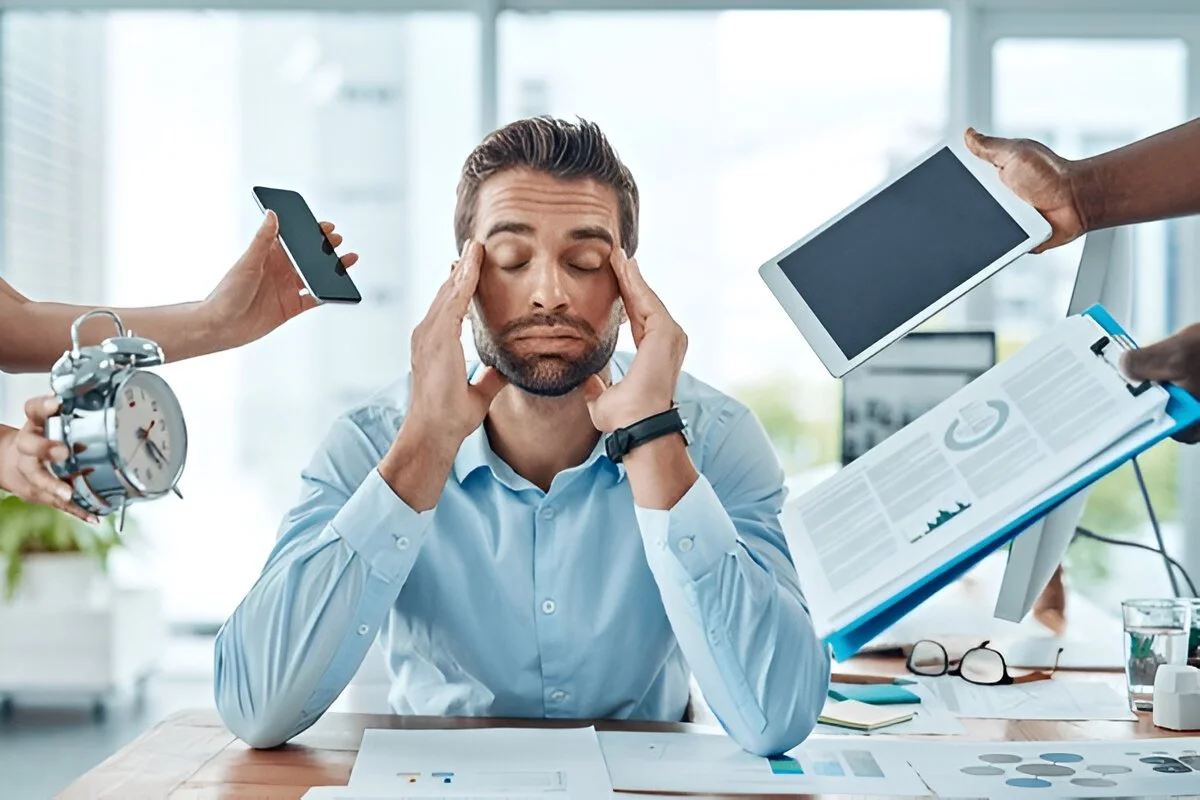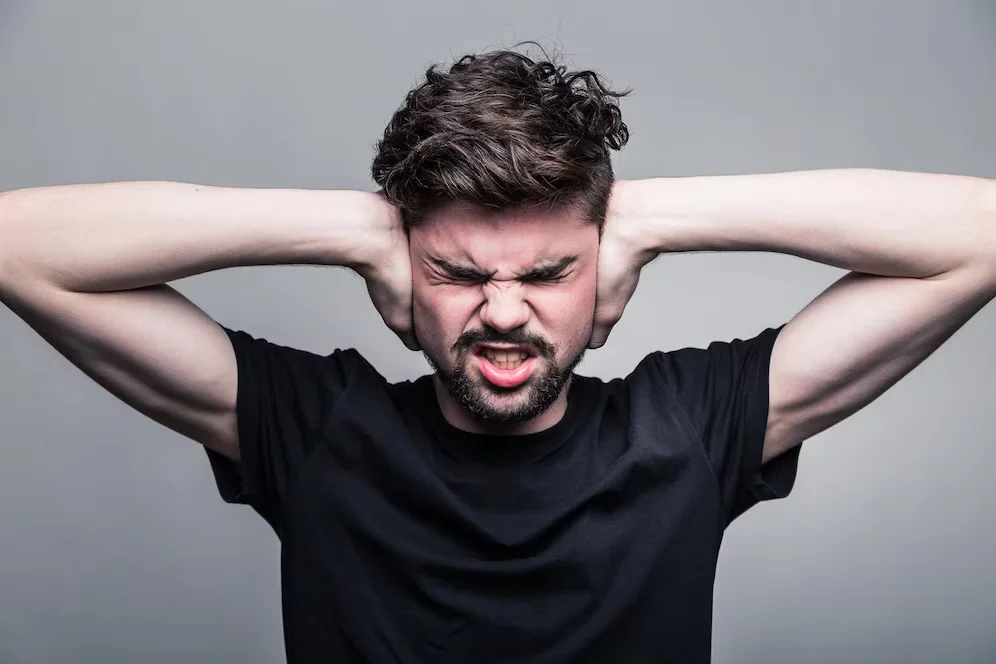-
129, Block-A Bangur Avenue, Mousumi Appartment, Kolkata 700055
129, Block-A Bangur Avenue, Mousumi Appartment, Kolkata 700055

Learn how to recognise burnout early and protect your mental health with insights from a reputed psychological counselor.
The pressure to keep up with deadlines, family responsibilities, and personal ambitions often leaves people running on empty. Burnout isn’t just about being tired—it’s a state of emotional, physical, and mental exhaustion caused by prolonged stress. The earlier you recognise burnout, the easier it is to take steps to prevent it from damaging your health and relationships.

Burnout can be tricky to identify because it doesn’t happen overnight. It creeps in slowly, often masked as normal stress. Recognising the early warning signs can save you from hitting a breaking point.
Ignoring the symptoms can lead to serious mental health issues like depression and anxiety, as well as physical problems such as high blood pressure and heart disease. By learning to recognise burnout early, you can restore balance before stress takes control of your life.
Burnout often develops in stages. Understanding these stages makes it easier to catch yourself before reaching the most severe point.

Sometimes, recognising burnout is about noticing subtle shifts in your habits and emotions.
Recognising burnout is only half the journey. Prevention requires conscious lifestyle adjustments.
If recognising burnout doesn’t help you manage it on your own, reaching out to an expert is crucial. A trained professional like the Best psychological counselor in Kolkata can guide you through structured therapies, coping mechanisms, and personalized strategies to regain control over your life.

Q1. How do I know if it’s stress or burnout?
Stress is usually temporary and linked to specific situations. Burnout, on the other hand, lingers and affects your overall well-being, leaving you drained and detached.
Q2. Can burnout affect physical health?
Yes, burnout can cause sleep problems, digestive issues, and even long-term cardiovascular risks if not addressed.
Q3. Can exercise really help with burnout?
Absolutely. Physical activity reduces stress hormones and boosts endorphins, which help restore energy and mood balance.
Q4. How long does it take to recover from burnout?
Recovery depends on severity. With early recognition and consistent care, some people improve in weeks, while others may take months.
Q5. Is it possible to prevent burnout altogether?
While it may not be possible to eliminate stress, adopting a balanced lifestyle and learning to recognise burnout early can prevent it from escalating.
Burnout doesn’t happen suddenly—it builds up over time. The key is to recognise burnout in its early stages and take corrective measures before it takes a toll on your health. With awareness, self-care, and timely guidance from professionals you can create a healthier, more fulfilling life.